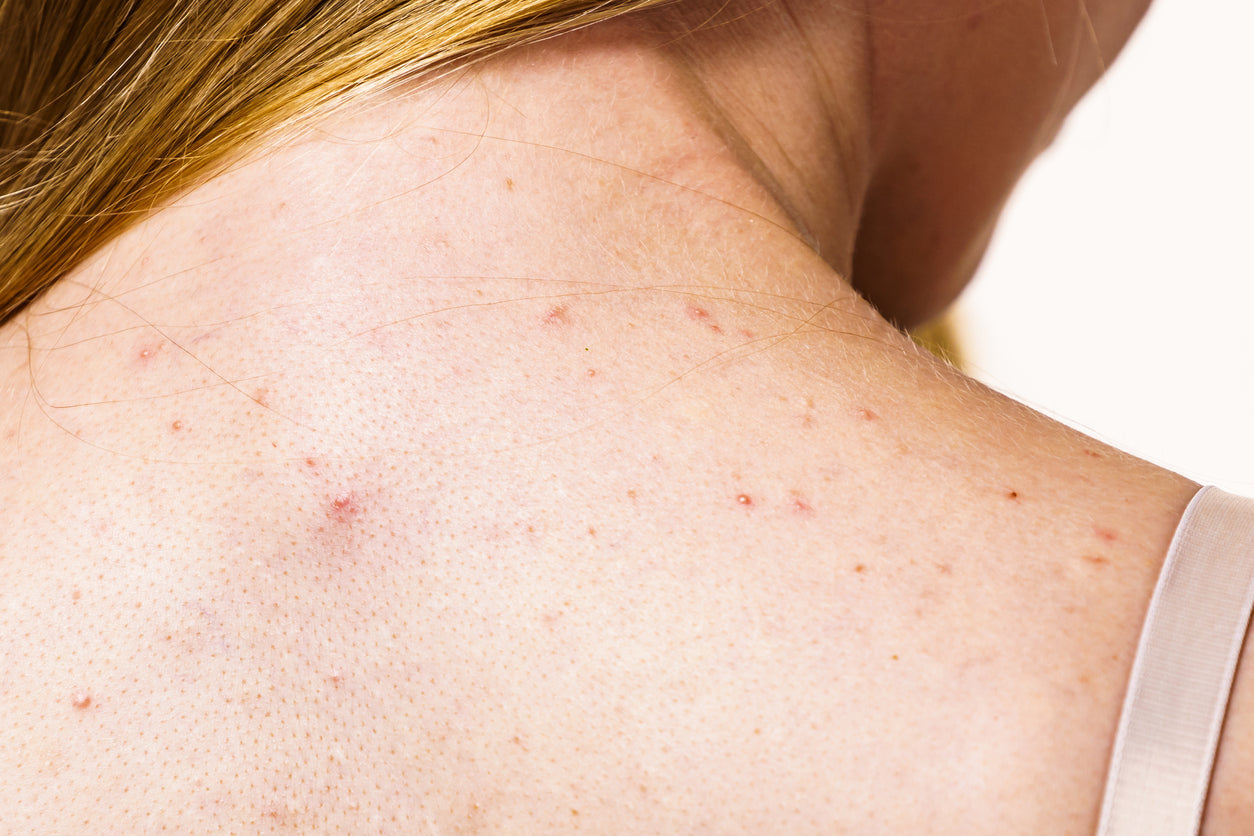Heat and Humidity Acne: Secrets Every Beautician Needs to Know
Dealing with acne can feel like an uphill battle during the hot summer months. For beauticians, grasping the nuances of heat and humidity acne can make all the difference for your clients. What is it about rising temperatures and humidity that worsens acne? This is an important question, especially when many people notice their skin acting up as the weather heats up.
The main culprits are often a troublesome mix of increased sweat and clogged pores. When sweat combines with excess oil and dead skin cells on the skin's surface, it creates the perfect environment for bacteria to flourish, leading to breakouts. While clients may feel overwhelmed by these factors, there are effective strategies and products to help them manage their skin health.

Understanding the Science of Heat and Humidity Acne
Acne affects millions globally, but its occurrence can surge with heat and humidity. Knowing the science behind this phenomenon can empower beauticians to provide the best advice to their clients.
As humidity levels rise, the skin often ramps up oil production, or sebum. This increase, alongside natural perspiration, can result in blocked pores. Once these pores are blocked, they can trap bacteria inside, leading to breakouts. Additionally, excessive sweating can lead to skin irritation and inflammation, worsening the situation.
Key Tips for Managing Acne-Prone Skin
Educating clients on how to prevent and treat acne during hot and humid seasons is crucial. Here are some expert tips:
1. Select Appropriate Skincare Products
Choosing the right skincare products is essential. Recommend non-comedogenic items that won't clog pores. For more information, check out this excellent guide on body washes that combat acne.
2. Encourage Regular Cleansing
Regularly using a gentle, antibacterial cleanser can help clear the skin from sweat and bacteria. Advise clients to wash their faces twice a day, particularly after physical activity. For additional tips on body washes that target acne, see this helpful resource.
3. Advise on Hydration and Healthy Diet
Including nutritional advice in your recommendations can be beneficial. Encourage a well-balanced diet packed with antioxidants for better skin health. Drinking ample water is crucial to keep the skin hydrated and aid in flushing out toxins.
4. Promote Exfoliation
Urge clients to exfoliate regularly to clear away dead skin cells and unclog pores. Look for products with gentle exfoliating ingredients like salicylic acid to be particularly effective. For more exfoliation tips, see this informative article.
The Impact of Air Conditioning and Indoor Humidity
While air conditioning can provide relief from high temperatures, it can also have mixed effects on acne-prone skin. On the one hand, it reduces humidity, which can lessen sweat production. On the other hand, it can dry the skin out, prompting it to produce more oil.
Advising clients to use humidifiers can help maintain optimal indoor humidity levels to keep skin balanced. A dehumidifier can also regulate moisture effectively, as outlined in this comprehensive guide.

FAQs About Heat and Humidity Acne
1. How can I prevent acne during humid seasons?
Implement a routine that includes non-comedogenic products, regular cleansing, and adequate moisturizing to keep skin balanced.
2. Does diet influence acne during warmer weather?
Absolutely, a diet rich in non-inflammatory foods can contribute to healthier skin during the hot months. Staying hydrated is also key.
3. Can makeup aggravate heat and humidity acne?
Wearing heavy makeup in humid conditions can clog pores and lead to more acne. Recommend lightweight, oil-free products for better results.
This article contains affiliate links. We may earn a commission at no extra cost to you.

